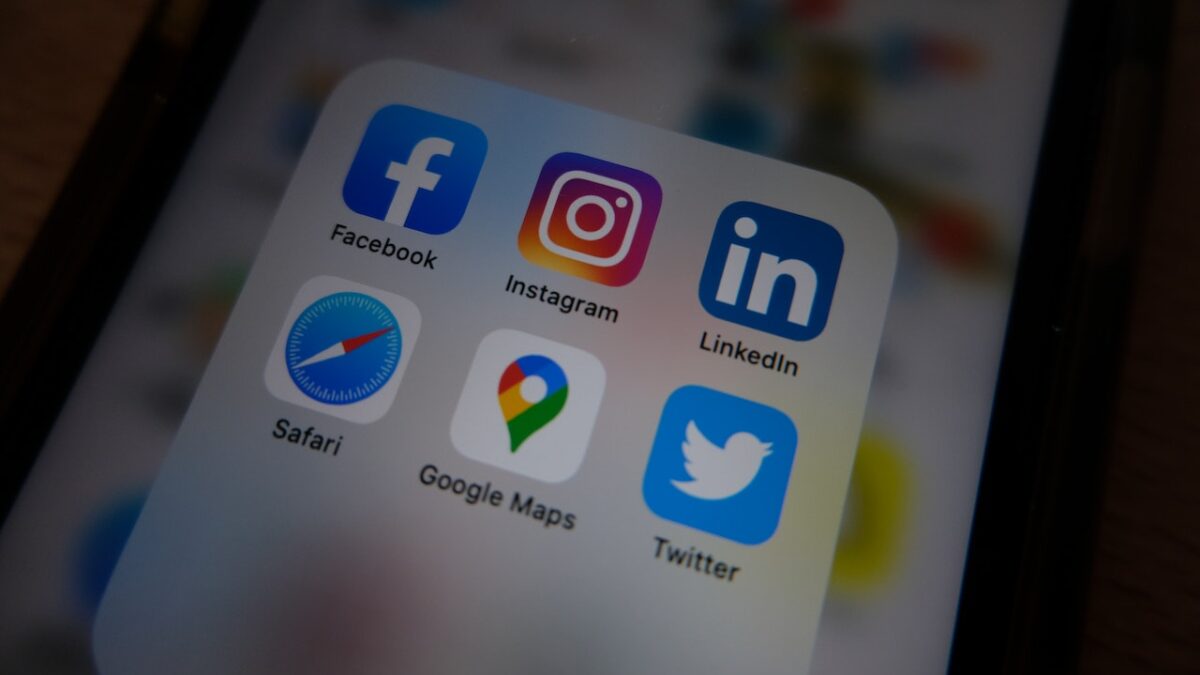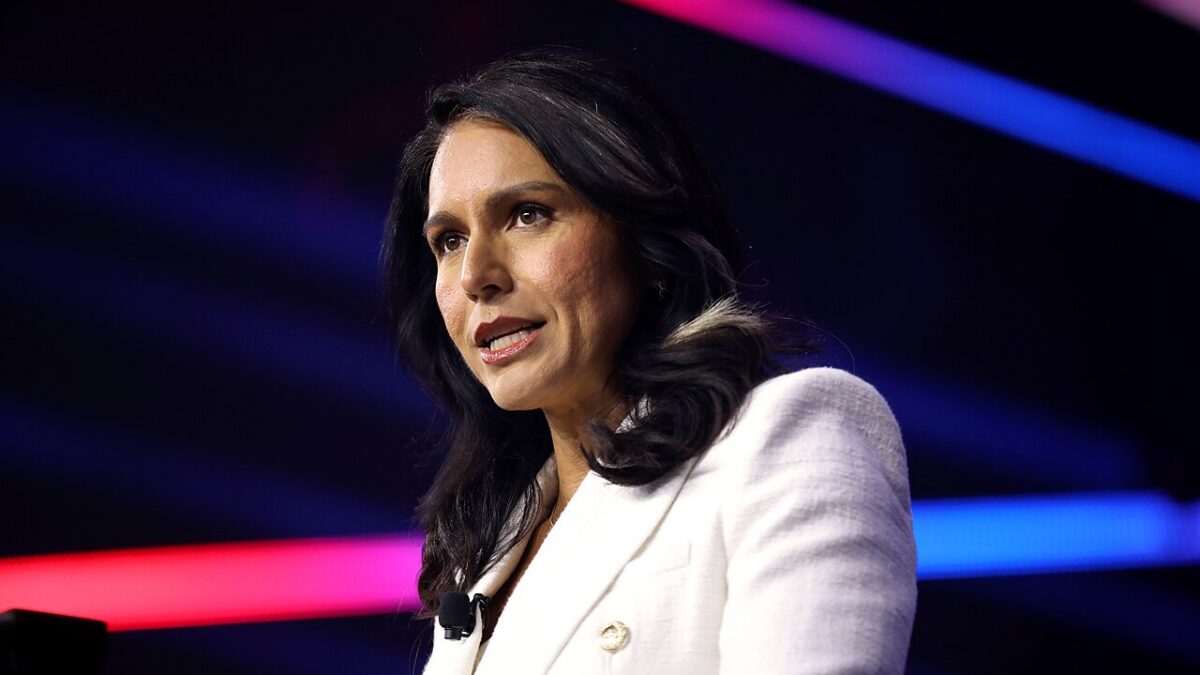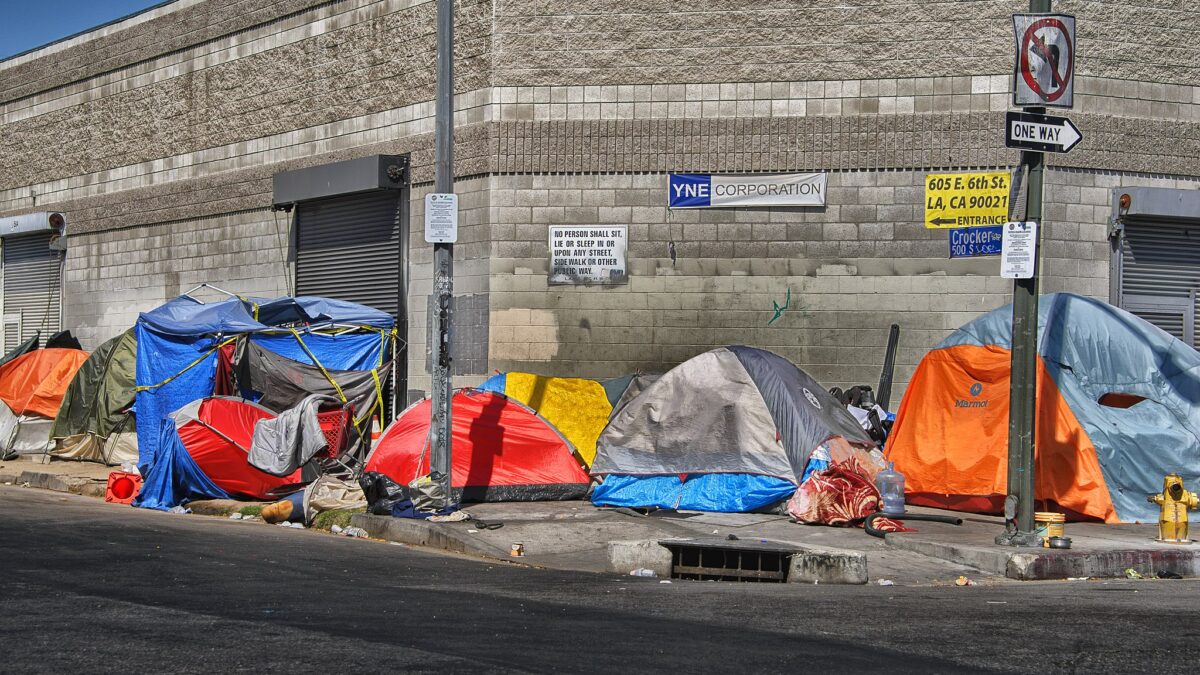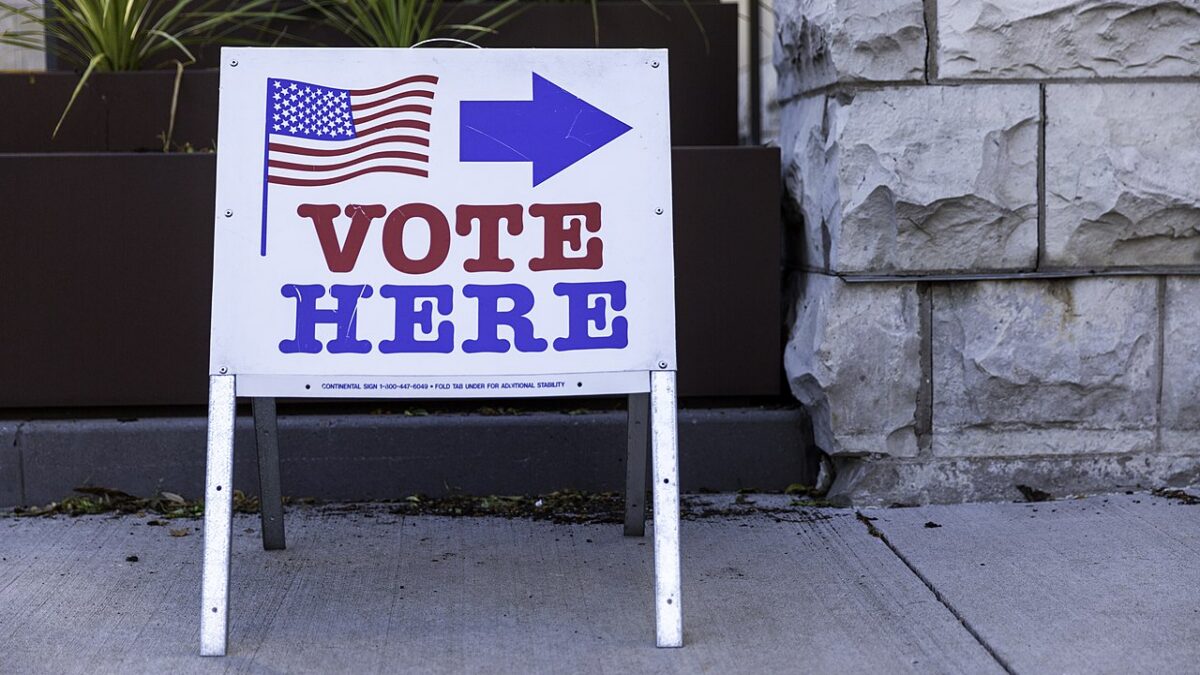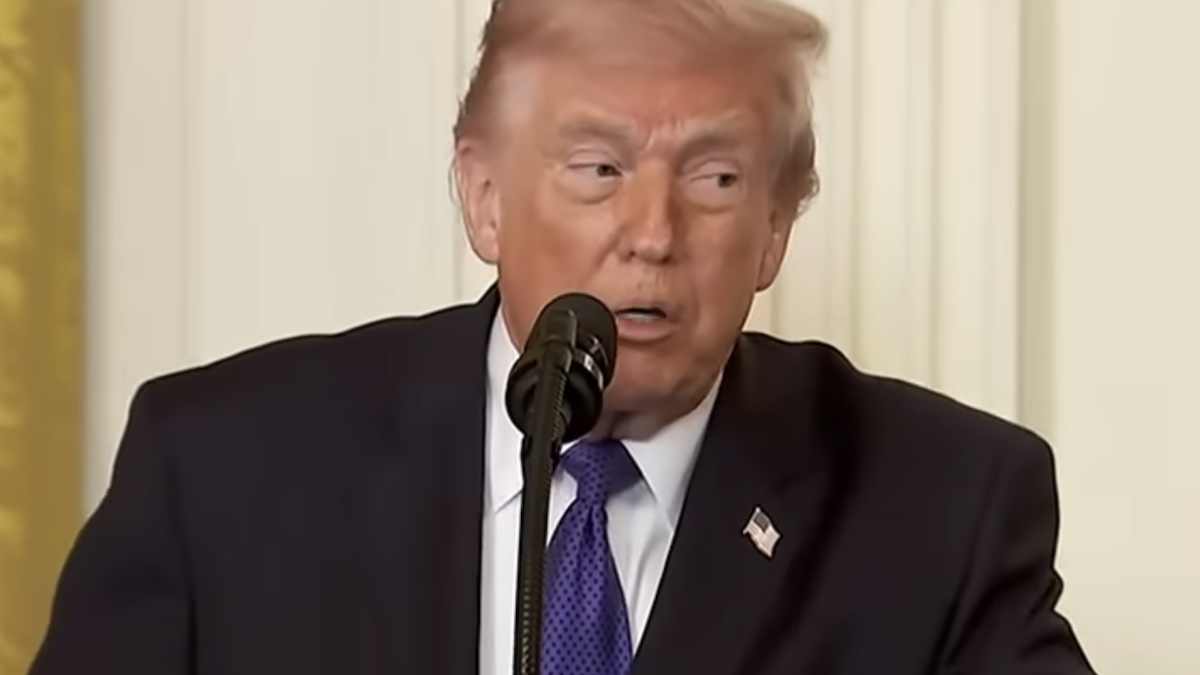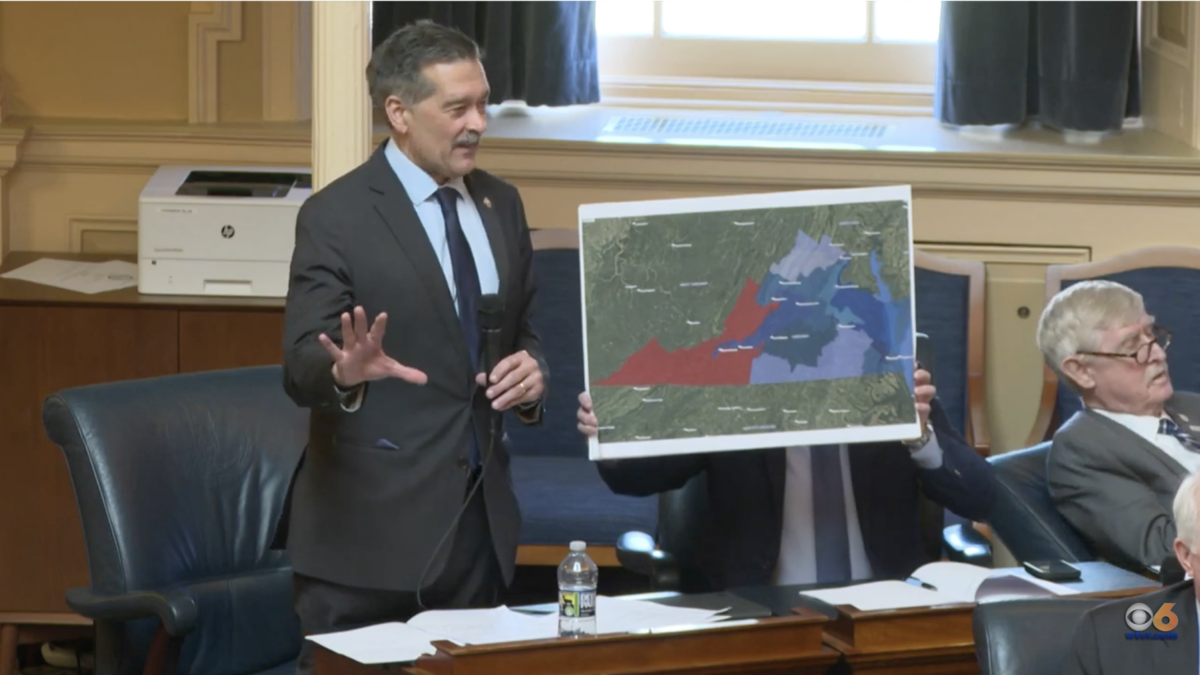Elon Musk’s release of internal communications pre-dating his purchase of Twitter is providing an ever-expanding menu of scandals. From Twitter coordinating censorship decisions with the government and politicians, to the censorship of scientists discussing the Covid response, to the blacklisting of prominent conservatives — including candidates for office — to the banning of the president of the United States from Twitter based on a pretext, each edition of the “Twitter Files” launches a new angle of outrage over the tech giant’s politically motivated decision-making.
But the barrage of information is blinding both pundits and the public to the most egregious political scandal in recent history: Our FBI interfered in the 2020 election by lying to tech giants about the Hunter Biden laptop story to induce Twitter, Facebook, and likely others to censor the story.
‘Hacked Materials’
The Hunter Biden laptop story, of course, refers to the New York Post’s Oct. 14, 2020 article, “Smoking-Gun Email Reveals How Hunter Biden Introduced Ukrainian Businessman to VP Dad,” that details emails, text messages, and videos recovered from the hard drive of a laptop Hunter abandoned at a computer repair shop in Delaware. In the first dump of the Twitter Files, independent journalist Matt Taibbi focused on “How and Why Twitter Blocked the Hunter Biden Laptop Story.”
Internal communications revealed that Twitter censored the New York Post’s story based on its “hacked materials” policy, preventing users from sharing the story and even suspending the New York Post’s official account. Those same communications showed Twitter staffers questioning the propriety and/or veracity of the “hacked materials” explanation, with both Yoel Roth and Jim Baker defending the decision.
Roth, who at the time was Twitter’s head of trust and safety, acknowledged the situation is “emerging,” as “the facts remain unclear,” but justified the censorship based on “the SEVERE risks here and lessons of 2016.” Twitter’s then-Deputy General Counsel Jim Baker agreed that “we need more facts to assess whether the materials were hacked,” but nonetheless concluded that “it is reasonable for us to assume they may have been and that caution is warranted.”
Baker added: “[T]here are some facts that indicate that the materials may have been hacked, while there are others indicating that the computer was either abandoned and/or the owner consented to allow the repair shop to access it for at least some purposes. We simply need more information.”
None of the documents Taibbi released detailed the “facts” Baker or others at Twitter thought “indicate” the materials may have been hacked. Taibbi added, though, that while “several sources recalled hearing about a ‘general’ warning from federal law enforcement that summer about possible foreign hacks, there’s no evidence — that I’ve seen — of any government involvement in the laptop story.”
Whether the absence of such evidence stems from the government’s lack of a specific warning about the laptop story, or from a secreting of such communications, is unknown. After the release of part one of the Twitter Files, Musk fired Baker reportedly for “vetting the first batch of ‘Twitter Files’ — without knowledge of new management.” The new Twitter boss later tweeted that some of the “most important data” “may have been deleted.”
A Detailed Warning
There is no need for a paper trail confirming that the government expressly told Twitter the Hunter Biden laptop, which served as the basis for the New York Post article, had been hacked, however, because intelligence agencies gave Twitter (and Facebook) a warning detailed enough to prompt the tech giants to presume the story represented the anticipated threat. And that is precisely what they did. By this point, the federal government had likewise primed the companies to censor such supposed malign interference in our elections, which again is exactly what Twitter and Facebook did when the story broke.
The proof of these realities comes first from a Dec. 21, 2020, letter from Twitter to the Federal Election Commission, accompanied by a declaration signed by Roth. In his statement to the FEC, Roth stated that “since 2018 he had regular meetings with the Office of the Director of National Intelligence, the Department of Homeland Security, the FBI, and industry peers regarding election security.”
“During these weekly meetings, the federal law enforcement agencies communicated that they expected ‘hack-and-leak operations’ by state actors might occur in the period shortly before the 2020 presidential election, likely in October,” Roth explained. Significantly, Roth then noted that during those meetings he learned “that there were rumors that a hack-and-leak operation would involve Hunter Biden.”
Twitter’s letter to the FEC further explained that it was “the prior warnings of a hack-and-leak operation and doubts about the provenance of the materials republished in the N.Y. Post articles,” that led its Site Integrity Team to preliminarily determine “the materials could have been obtained through hacking.”
In this letter, then, Twitter itself is confirming that intelligence agencies warned the company to prepare for an October “hack-and-leak operation,” rumored to involve Hunter Biden, and that that warning prompted Twitter to censor the Post story.
Warnings from the FBI likewise prompted Facebook to censor the Hunter Biden story, according to founder Mark Zuckerberg. During an August 2020 interview with Joe Rogan, in explaining how Facebook handles controversial news such as the Hunter Biden laptop story, Zuckerberg began by providing his host with a backdrop to Facebook’s decision to limit distribution of the New York Post’s story, explaining: “The FBI basically came to us, some folks on our team, [saying,] ‘Hey just so you know, you should be on high alert.”
Zuckerberg continued, explaining that the bureau told Facebook, “[W]e thought there was a lot of Russian propaganda in the 2016 election” and that “we have it on notice that basically there’s about to be some kind of dump similar to that so just be vigilant.”
“Hey, look, if the FBI — which I still view as a legitimate institution in this country, it’s a very professional law enforcement — they come to us and tell us we need to be on guard about something, I want to take that seriously,” Zuckerberg explained. “So, when the New York Post broke the Hunter Biden laptop story on Oct. 14, 2020, Facebook treated the story as potentially misinformation, important misinformation for five to seven days while the tech giant’s team could determine whether it was false.”
When asked whether the FBI had specifically told him to be on guard about the laptop story, Zuckerberg, after initially responding, “no,” equivocated, stating, “I don’t remember if it was that specifically, but it basically fit the pattern.”
Given the FBI told Twitter Hunter Biden was the rumored subject of the hack-and-leak, it seems likely that intelligence agencies provided Facebook a similarly specific warning. Either way, Zuckerberg himself made clear Facebook censored the story because of the FBI’s warning.
Dripping with Deceit
The FBI’s warning and the federal government’s efforts to prompt the private censorship of speech, however, are not the heart of the scandal. Worse still is that the New York Post story was true, the computer files were not hacked, and the October surprise was not Russian disinformation but a legitimate and important news report establishing Joe Biden lied to the American public about his knowledge of his son’s business dealings and was also implicated in a pay-to-play scandal. And the FBI knew those facts for nearly one year, having seized the Hunter Biden laptop from the computer repair shop owner in December of 2019.
So, not only did the FBI prompt Twitter and Facebook to censor the Hunter Biden laptop story, the bureau did so by deceiving the companies.
The FBI lied so Joe Biden’s campaign would survive — and that scandal is far worse than our government prompting the private censorship of speech based on the intelligence community’s honest assessment that a story or post is Russian disinformation.
